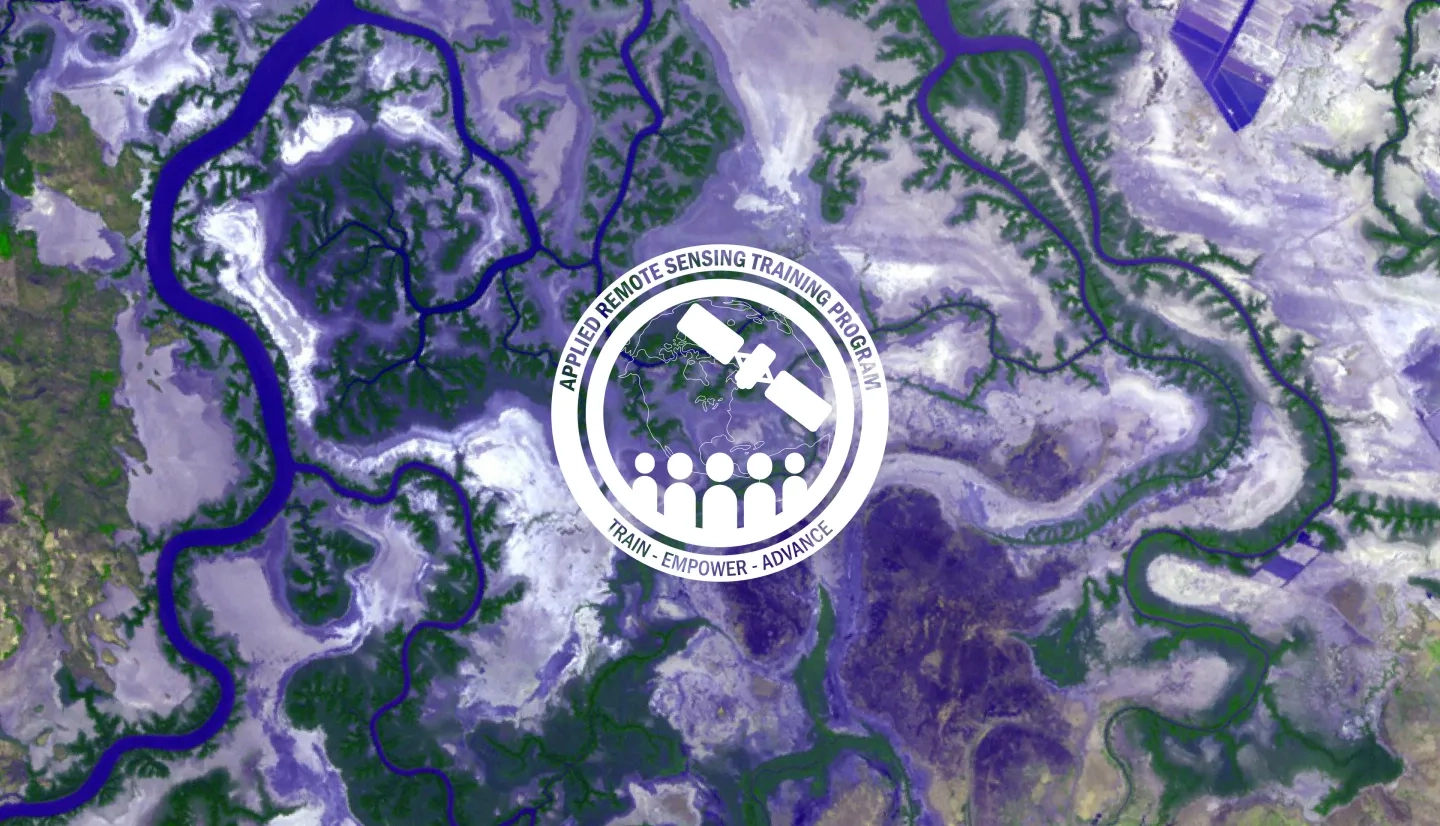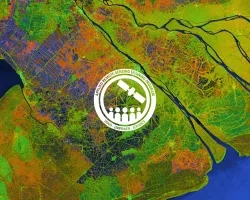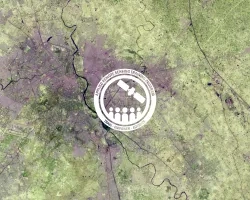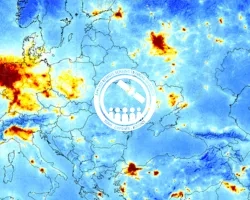Description
Healthy ecosystems provide essential pieces of daily life for humans such as clean water, food, medicines, carbon sequestration, protection against extreme weather, and much more. Natural capital accounting recognizes that these assets must be maintained, managed, and measured for critical decision-making activities. NASA data can be used to accurately map ecosystems to support effective planning and sustainable decision-making.
This training will outline the basics of ecosystem services and natural capital accounting. It will also provide an overview of how Earth Observations (EO) can be used to support global frameworks and initiatives such as standards set by the United Nation’s System of Environmental Economic Accounting (UN-SEEA). Participants will receive information on techniques and tools for using EO in natural capital accounting such as the use of land cover mapping, time series analysis, and modeling efforts conducted with the Natural Capital Project via the InVEST software, The Artificial Intelligence for Environment and Sustainability (ARIES) Project, and more. Case-study examples will be provided to highlight locally specific efforts such as valuation of native pollinators, urban ecosystem accounts, valuation of coastal resilience and coral reef habitats, and forest conservation and carbon sequestration.
By the end of this training attendees will be able to:
- Summarize primary concepts of ecosystem services and natural capital accounting
- Recall global frameworks and initiatives for ecosystem assessments
- Outline the role of NASA Earth Observations (EO) in conducting ecosystem assessments
- Identify natural capital accounting models that incorporate EO
- Discover case study examples of the use of EO for ecosystem assessments
This webinar series is intended for local, regional, state, federal, and non-governmental organizations involved in land and coastal ecosystems management and natural capital accounting. Applied scientists and GIS professionals interested in learning how to use NASA EO data for ecosystem assessments and accounting are encouraged to participate.
- Three 1.5-hour sessions
Trainers: Amber McCullum (lead), Juan L. Torres-Pérez
- Overview of Ecosystem Services
- Ecosystem Accounting
- Global Frameworks and Initiatives for Assessing Value in Ecosystems
- Earth Observations and data products for ecosystem assessments
- Q&A
Materials:
Materiales en Español:
Trainers: Amber McCullum (lead), Juan L. Torres-Pérez, guest speakers Becky Chaplin-Kramer (Stanford), and Ken Bagstad (USGS)
- Remote sensing techniques for ecosystem assessments
- Modeling tools for natural capital accounting
- The Natural Capital Project and Integrated Valuation of Ecosystem Services and Tradeoffs (InVEST)
- Artificial Intelligence for Environment and Sustainability (ARIES)
- Q&A
Materials:
Materiales en Español:
Trainers: Amber McCullum (lead), Juan L. Torres-Pérez, guest speakers Mehdi Heris and Austin Troy
- Case study examples of the use of EO in ecosystem services and natural capital accounting
- Gaborone Declaration for Sustainability in Africa, Ecosystem Valuation and Natural Capital
- Earth Observation for Ecosystem Accounting (EO4EA) Initiative Projects
- Wealth Accounting and the Valuation of Ecosystem Services (WAVES) projects
- Valuing the Role of U.S. Coral Reefs in Coastal Hazard Risk Reduction
- Piloting urban ecosystem accounting for the United States
- Q&A
Materials:
Materiales en Español:



